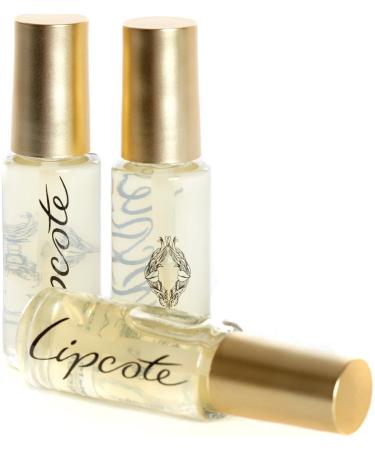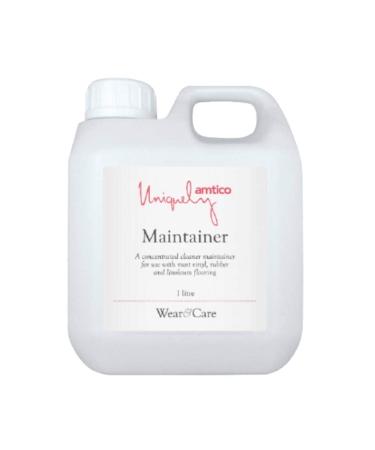[Yiwu Zhengshan] Statement 1. It generally refers to the Yiwu tea area The origin of Yiwu Zhengshan is also closely related to the Mansong tea of Yibang Tea Mountain. In the sixth year of Yongzheng (1728), some areas of tea in Youle, Mangzhi, Geden, Manzhuan, Yibang and other places were listed as tribute tea in the 30th year of Qianlong's reign (1765) in the range of Paza River in Mansa Mountain. Tea is also included in the "Tribute Tea", among which the "Tribute Tea" in the Mansong No. 1 to No. 3 Tea Gardens in Yibang Chashan is the "Special Tea for the Royal Family", which is the "Tribute Tea" which distinguishes the "Official Tea" from other tea mountains. , the former is specially called "Zhengshan Tribute Tea". Later, Yiwu Tea Mountain rose and became more and more famous, so the people called Yiwu Mountains as Yiwu Zhengshan. Argument 2: Specifically referring to several tea hills around Yiwu Nearly 10 kilometers to Mahei Village, the section is full of mountains, and there are no ridges, so the people call the tea mountain in this section Yiwuzheng Mountain. Argument 3. Specifically referring to authentic Yiwu tea There is also a saying that in the mid-to-late 1990s, Taiwanese tea people came to Yiwu to make tea. Yiwu had a place called Zhengjia Liangzi, which was called Zhengshan, Yiwu Zhengshan, and later spread to Taiwan, it became Yiwuzheng. Mountain. Later, according to rumors, the tea of Yiwu Zhengshan was regarded as the most authentic Yiwu tea. Argument 4: It refers to authentic Yiwu tea In fact, Yiwu Zhengshan - from ancient times to the present, has not specifically referred to a certain place name or a certain tea mountain. But in order to flaunt authentic raw materials and authentic craftsmanship. In other words, "Yiwu Zhengshan" tea does not only refer to the tea produced by Yiwu, but only that the raw materials of this tea are authentic and the craftsmanship is authentic.Caffeine content: Pu-erh tea has a lower caffeine content compared to other types of tea, making it a good option for those who are sensitive to caffeine. Aging: Pu-erh tea can be aged for several years to develop its flavor, and aged Pu-erh teas are highly sought after by tea collectors. Aroma and flavor: Pu-erh tea has a distinct, strong, and earthy flavor, and a pungent aroma that some describe as "musty" or "mushroomy.". Fermentation: Pu-erh tea undergoes a unique fermentation process that contributes to its rich, earthy flavor.













